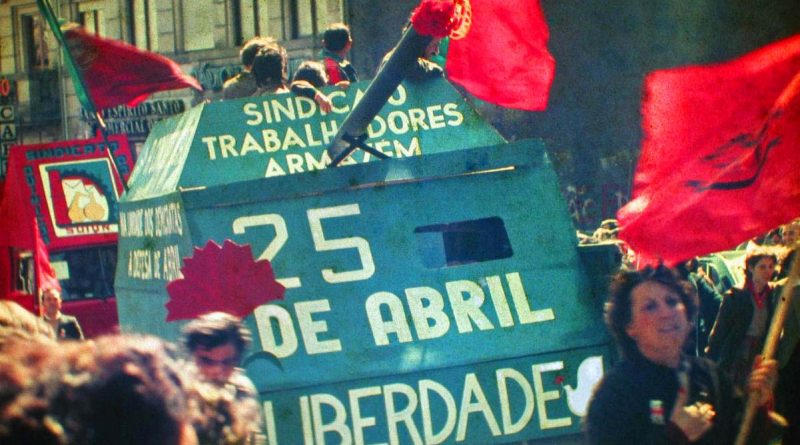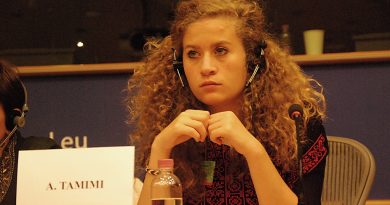From the Armed Struggle against the Dictatorship to the Socialist Revolution
CEI researcher Raquel da Silva has published the article “From the Armed Struggle against the Dictatorship to the Socialist Revolution: The Narrative Restraints to Lethal Violence among Radical Left Organisations in Portugal” in co-authorship with Ana Sofia Ferreira on Volume 14, Issue 6 of the international peer reviewed journal Perspectives on Terrorism.
The article presents a historical case study of three armed organisations that operated in Portugal before and after the April Revolution of 1974. This event put an end to Estado Novo’s authoritarian regime, starting a period of transition to democracy. The armed organisations operating during Estado Novo sought, essentially, to combat the dictatorship and the Colonial War. These organisations channelled their actions towards the destruction of the regime’s repressive and colonial apparatus, but refused to use lethal violence. During the transition to democracy, disillusionment caused by the negative outcome of the revolutionary process and the end of the utopia of the socialist revolution led some sectors of the radical left to return to armed struggle. This time, such actors targeted both property and human beings but were highly selective in their targeting.
The authors analyse the narratives of restraint of former militants from across these groups, and consider how they were shaped by the evolving socio-political context. In the case of the pre-revolution organisations, the authors found two collectively accepted narratives inscribed in their genesis: lethal violence as counterproductive and lethal violence as philosophically and ideologically problematic. In the case of the post-revolution organisation the authors found one restraint narrative shared by the collective: indiscriminate lethal violence is counterproductive. Some militants also developed a restraint narrative that centred on disappointment with the organisation for its perceived operational failures.
The study is based on a narrative analysis of data dispersed across personal and public archives, writings, and memoirs of individuals directly and indirectly involved in the armed struggle, with data collected through interviews with former politically violent militants.
Access the article here.
A demonstration in Porto in April 25, 1983 / photo by Henrique Matos / CC BY 2.5
![]() This work is licensed under a Creative Commons Attribution-NonCommercial-ShareAlike 4.0 International License.
This work is licensed under a Creative Commons Attribution-NonCommercial-ShareAlike 4.0 International License.




